Fleet and business registrations continue to dominate the new car market, with the latest sales figures showing a 59% market share.
More than 90,000 company cars were registered to fleet and business in October – almost 20,000 units more than October 2022 – a 27% uplift.
Private new car registrations were up by just 0.3% to 62,915 units, according to the new data from the Society of Motor Manufacturers and Traders (SMMT).
Year-to-date, almost 900,000 company cars have been registered to fleet and business, a 39% increase on the 640,000 units delivered over the same time period, last year.
That equates to a 56% share of the new car market, with private sales only increasing by 1.6% to just over 713,000 new cars sold.
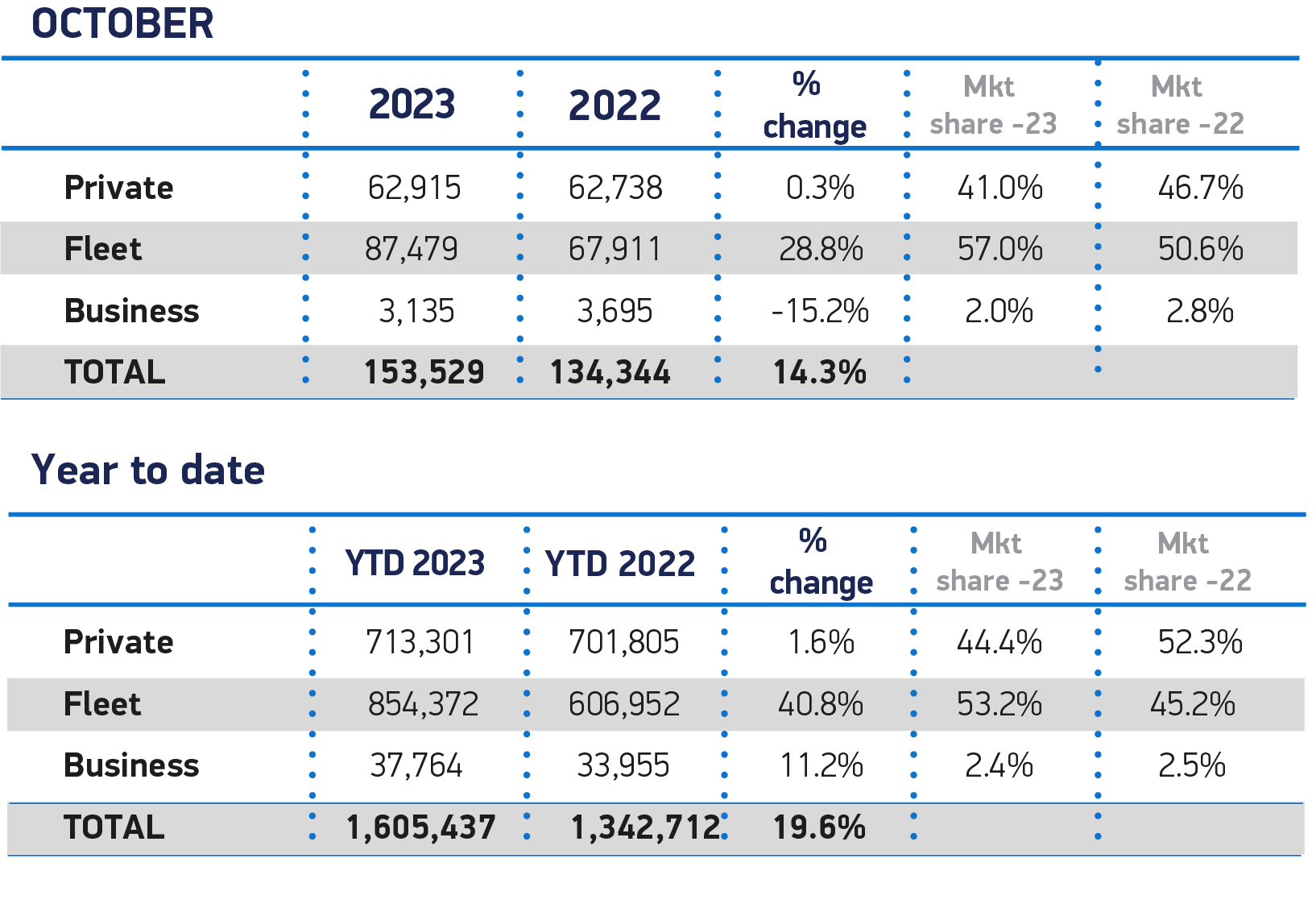
Overall, October’s new car market grew by 14.3% to reach 153,529 registrations, 7.2% above pre-pandemic levels and marking the best performance for the month since 2018.
With the sustained increase in new car registrations, overall vehicle uptake is now up 19.6% in the first 10 months, with the market currently enjoying its best year since 2019.
The SMMT’s figures show that electrified vehicle uptake continued to accelerate in October, accounting for 37.6% of all new car registrations.
Hybrid electric vehicles (HEVs) grew 24.6% to reach 19,574 units, while plug-in hybrid vehicles (PHEVs) recorded the highest proportional growth, up 60.5% to 14,285 registrations.
Battery electric vehicle (BEV) uptake increased for the 42nd month in a row, by 20.1% to 23,943 units.
Given overall market growth, however, this amounted to a BEV market share of 15.6%, a relatively small rise from last year’s 14.8%.
Furthermore, the SMMT says that private registrations accounted for fewer than one in four new BEVs this year, underscoring the need for fiscal incentives for private consumers.
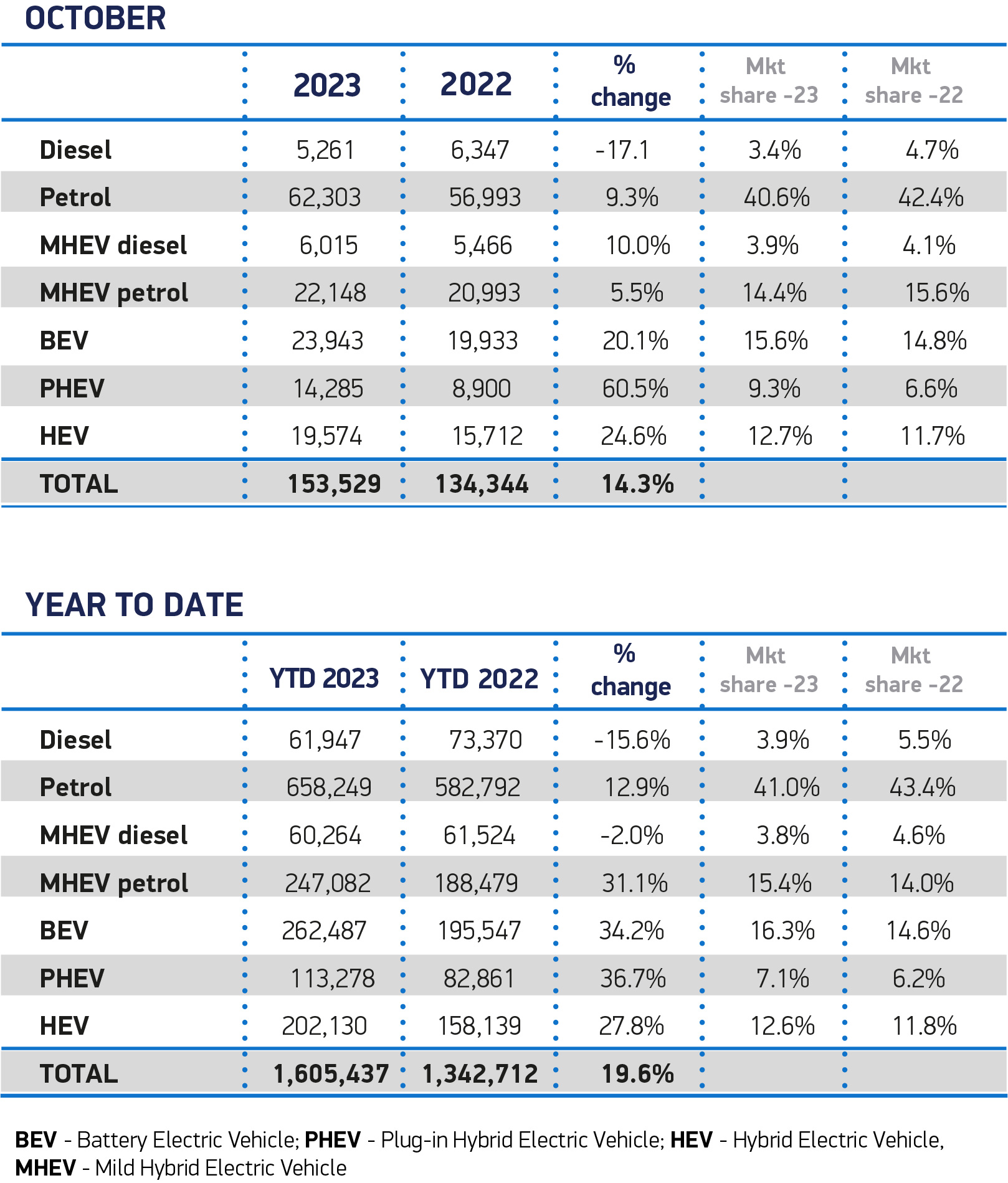
Year-to-date, BEV volumes have risen 34.2% to account for 16.3% of new registrations this year, up slightly from 14.6% this time last year.
SMMT chief executive, Mike Hawes, said: “As fleet uptake flourishes, particularly for EVs, sustained success depends on encouraging all consumers to invest in the latest zero emission vehicles.
“The Autumn Statement is a key opportunity for government to introduce incentives and facilitate infrastructure investment. Doing so would send a clear signal of support for drivers, reassuring them that now is the time to switch to electric.”
Jon Lawes, managing director of Novuna Vehicle Solutions, is also calling for agreement to be reached over planned taxes on electric vehicles (EVs).
“With the UK Government and European Commission remaining at loggerheads over whether to delay or revise the planned taxes on EVs due to hit the automotive sector from January 1, the industry faces a difficult few months,” he said.
“The rules of origin mandate will make it almost impossible for most vehicle manufacturers in the EU to avoid the tariffs, which could lead to price increases of over £3,000 on EU-manufactured BEVs.
“The clock’s ticking and we need urgent clarity on whether there will be any flexibility on this deadline, to avoid eroding confidence in the EV market.”
Nick Williams, managing director of Lex Autolease, part of Lloyds Banking Group, added: “Drivers and fleet managers will hope to see the continued commitment of the UK Government to development of the UK’s charging infrastructure, the maintenance of financial incentives to choose an EV, and policies to support vehicle manufacturers invest in innovation to drive adoption levels.”
Electric vehicle market outlook downgraded
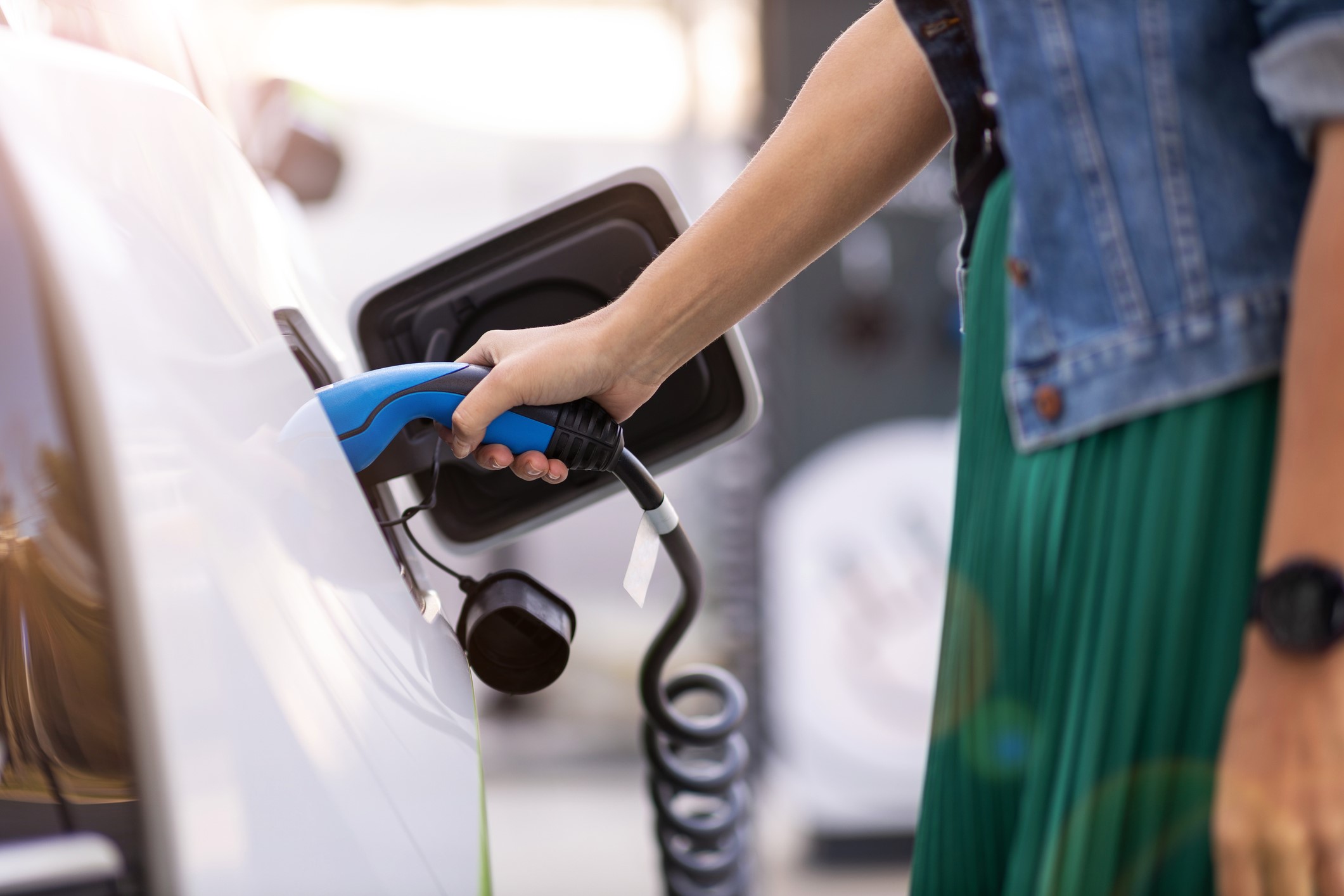
The latest market outlook has been revised upwards to reflect market growth higher than expected.
Overall new car registrations are anticipated to reach 1.886 million by the end of the year, a rise of 2.1% on July’s expectations.
However, expectations for BEV uptake have been downgraded again slightly, by 1.7% to 324,000 units resulting in an expected market share at year end of 17.2%.
Looking ahead to next year, the overall market outlook for 2024 is marginally more positive than previously anticipated, up 1% to 1.970 million units (a 4.4% rise on the 2023 outlook).
With an absence of consumer incentives and an overwhelming dependency on fleet registrations for growth, however, the SMMT says that BEV market share outlook has been revised down slightly to an expected market share of 22.3%, despite registrations expected to reach 439,000 units, a 35.5% increase over 2023.
‘Significant increase’ in charge points
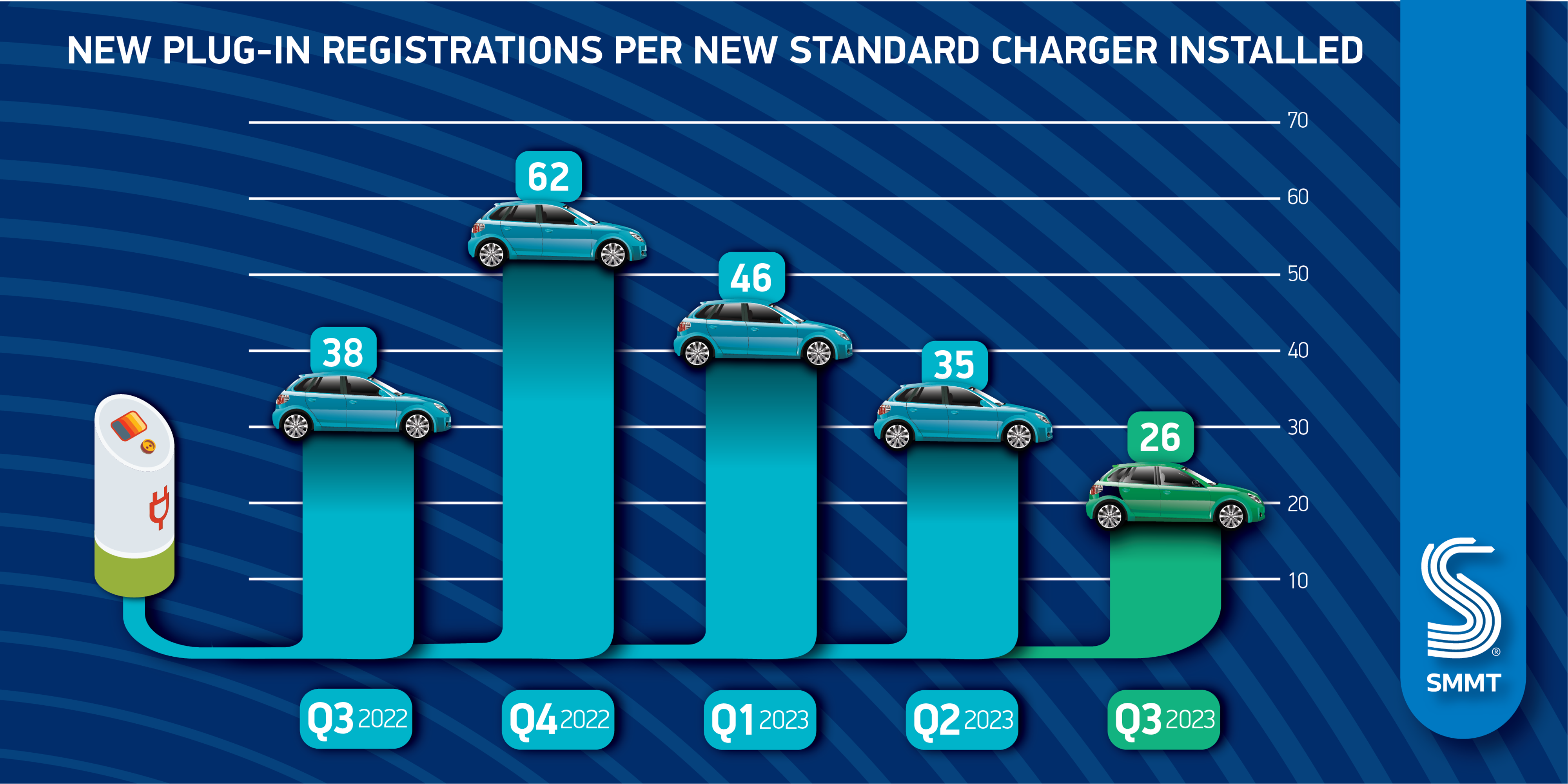
October’s plug-in vehicle performance follows a significant increase in charge point rollout in Q3, which improved significantly relative to new plug-in car uptake.
Some 4,753 new standard charge points came online in the quarter, the largest ever quarterly delivery.
This equates to one new standard public charge point being installed for every 26 new plug-in cars reaching the road between July and September, improved from 38 in the same quarter last year.
However, installation was disproportionately focused on London and the South East, which received four out of five new charge points commissioned during the quarter – despite the region accounting for fewer than two in five new plug-in registrations during the same period.
In comparison, just 13 chargers were installed in Yorkshire and Humberside, while the North actually had 105 chargers taken out of service.
With EV uptake greatly influenced by perceptions of charge point infrastructure availability and accessibility, the SMMT says that action should be taken to ensure more equitable distribution and pricing for public charging.
Gav Murray, EV director at British Gas, said: “Making electric vehicles accessible for all drivers is a project that demands commitment from both government and industry. Pushing back the ban on new petrol and diesel cars has frustrated manufacturers, but the extra time means much-needed public charging infrastructure might be in a better place by 2035.
"Despite this, confirmation of the zero emission vehicle mandate from next year at least gives the industry the clarity it desperately needs to plan ahead.
“To keep the momentum going, it’s vital that industry leaders and policy makers boost incentives for EV adoption.”
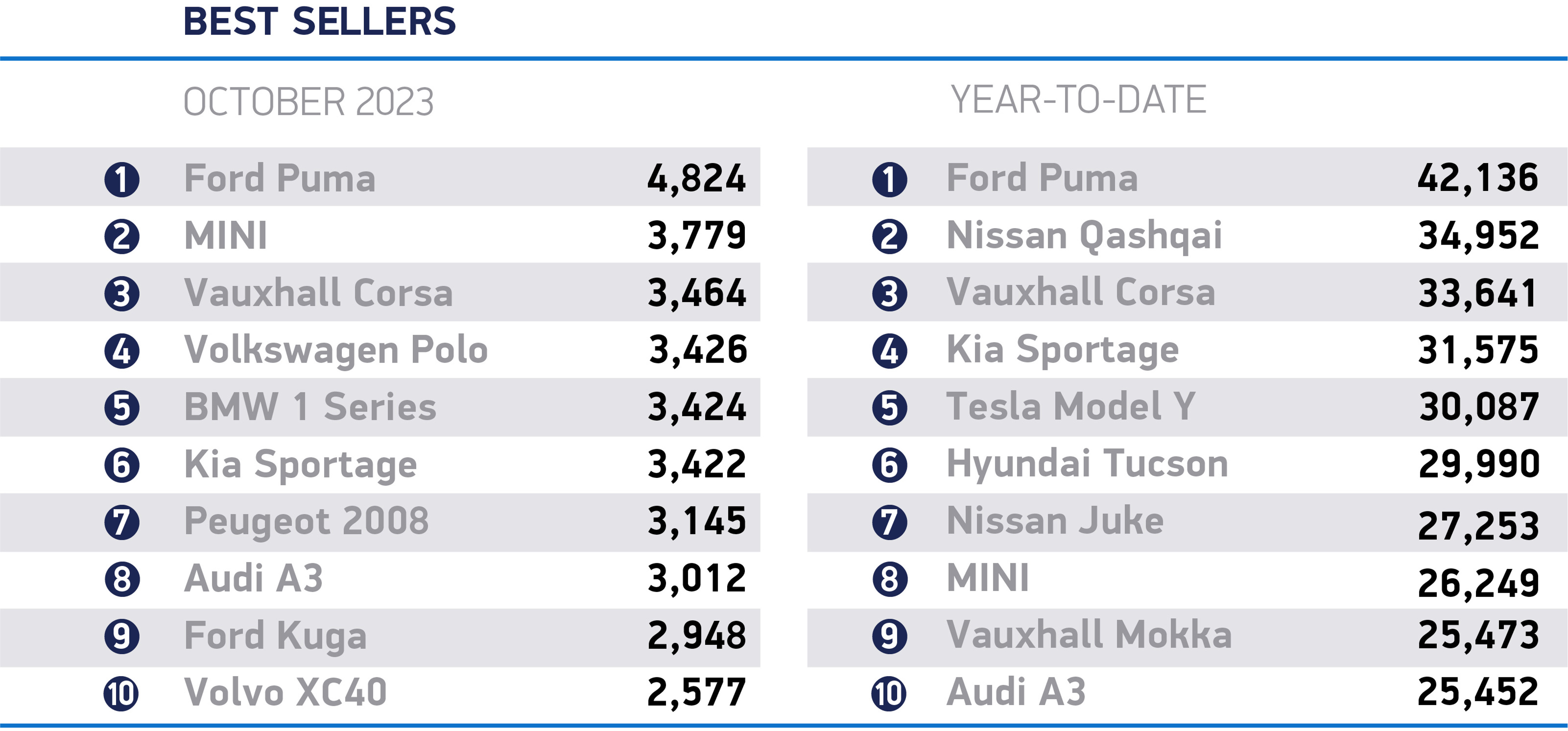
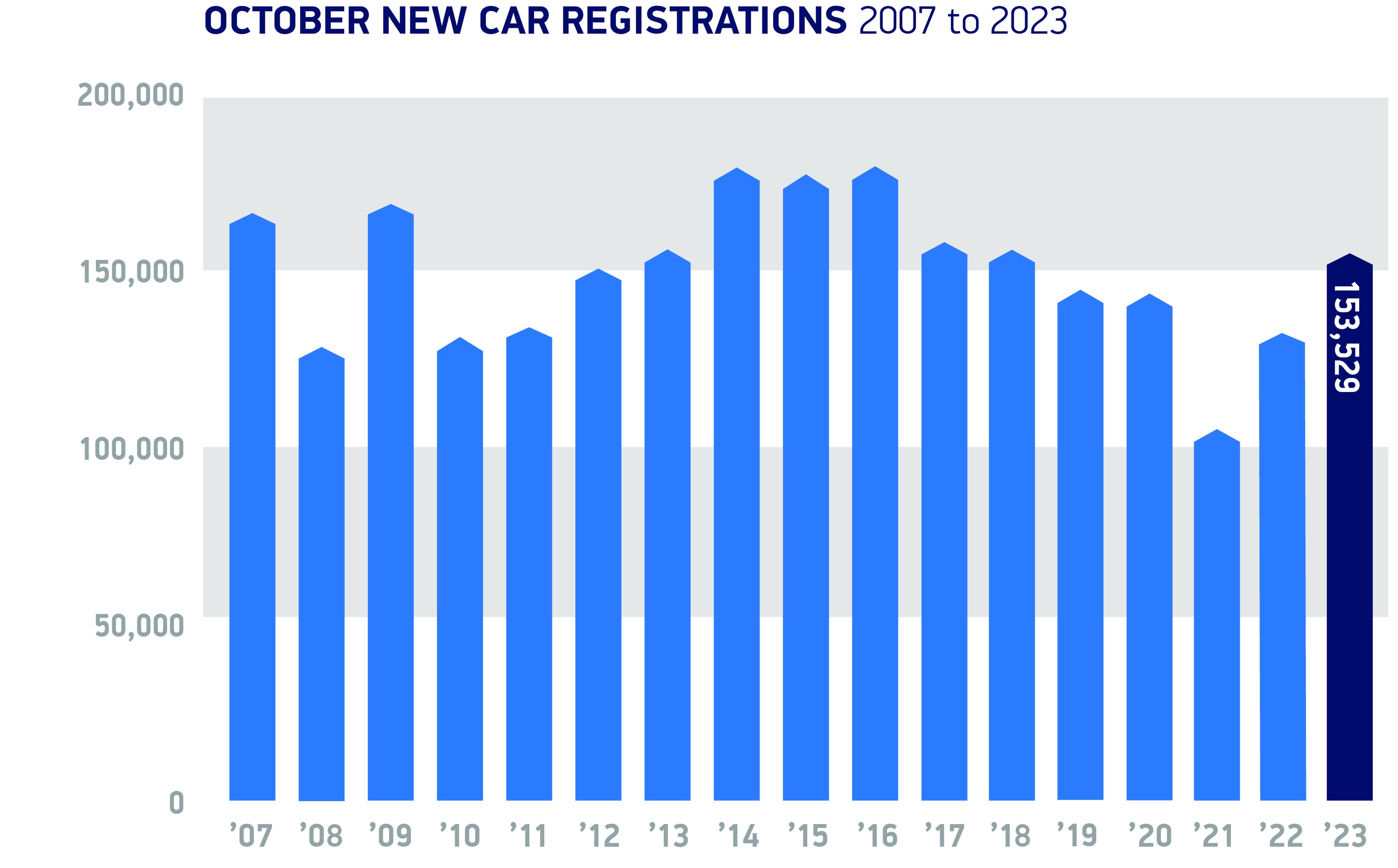





















Login to comment
Comments
No comments have been made yet.